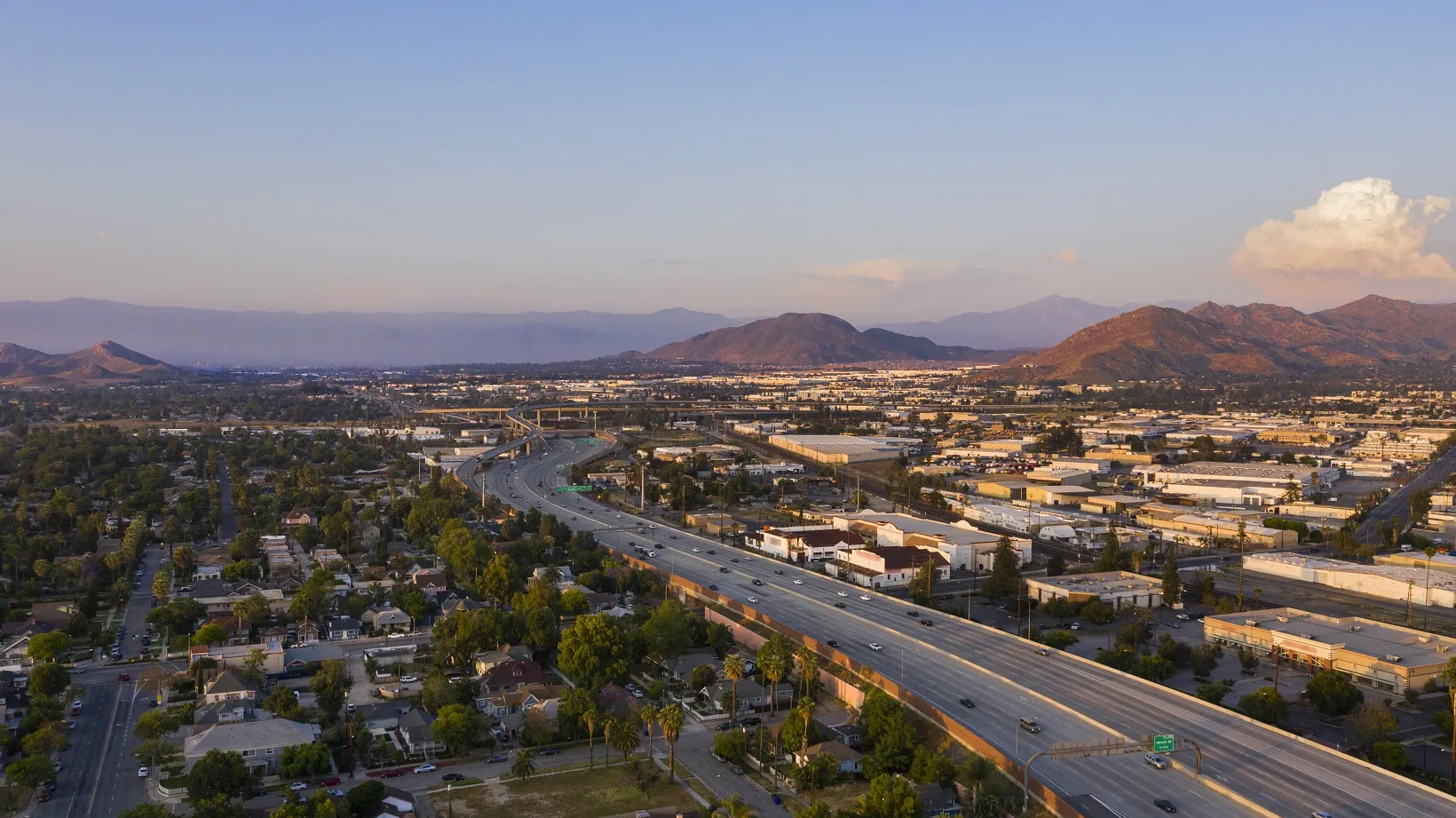
Kapsch TrafficCom has received full system acceptance for all-electronic tolling express lanes on Interstate 15 (I-15) & State Route 91 (SR-91) in Southern California.
I-15 connects the US-Canadian border with Las Vegas and Southern California, and SR-91 runs through several regions of the Greater Los Angeles area.
The Riverside County Transportation Commission (RCTC) contracted Kapsch to provide an end-to-end solution which includes a back-office system, dynamic pricing, image review and collections enforcement.
Kapsch has reached several project milestones, including the opening of the 15 express lanes and a customer service centre in 2021, and has now been given the green light to continue the five-year partnership to operate & maintain the RCTC Express Lanes system.
“Our solution has helped RCTC to reduce congestion on the corridor, and to improve end-user experiences based on consistent and highly responsive services," says JB Kendrick, president at Kapsch TrafficCom USA.
"Other key benefits are the ability to incentivise ride-sharing to further reduce traffic while collecting revenue to meet the financial obligations of the I-15 Express Lane project."
The two tolled express lanes incorporate eight toll points on the I-15 Express Lanes and four on the SR-91 Express Lanes in Riverside County.
Kapsch also delivered 15 roadside variable message signs, 27 CCTV cameras for enforcement, and 39 microwave vehicle detectors.










